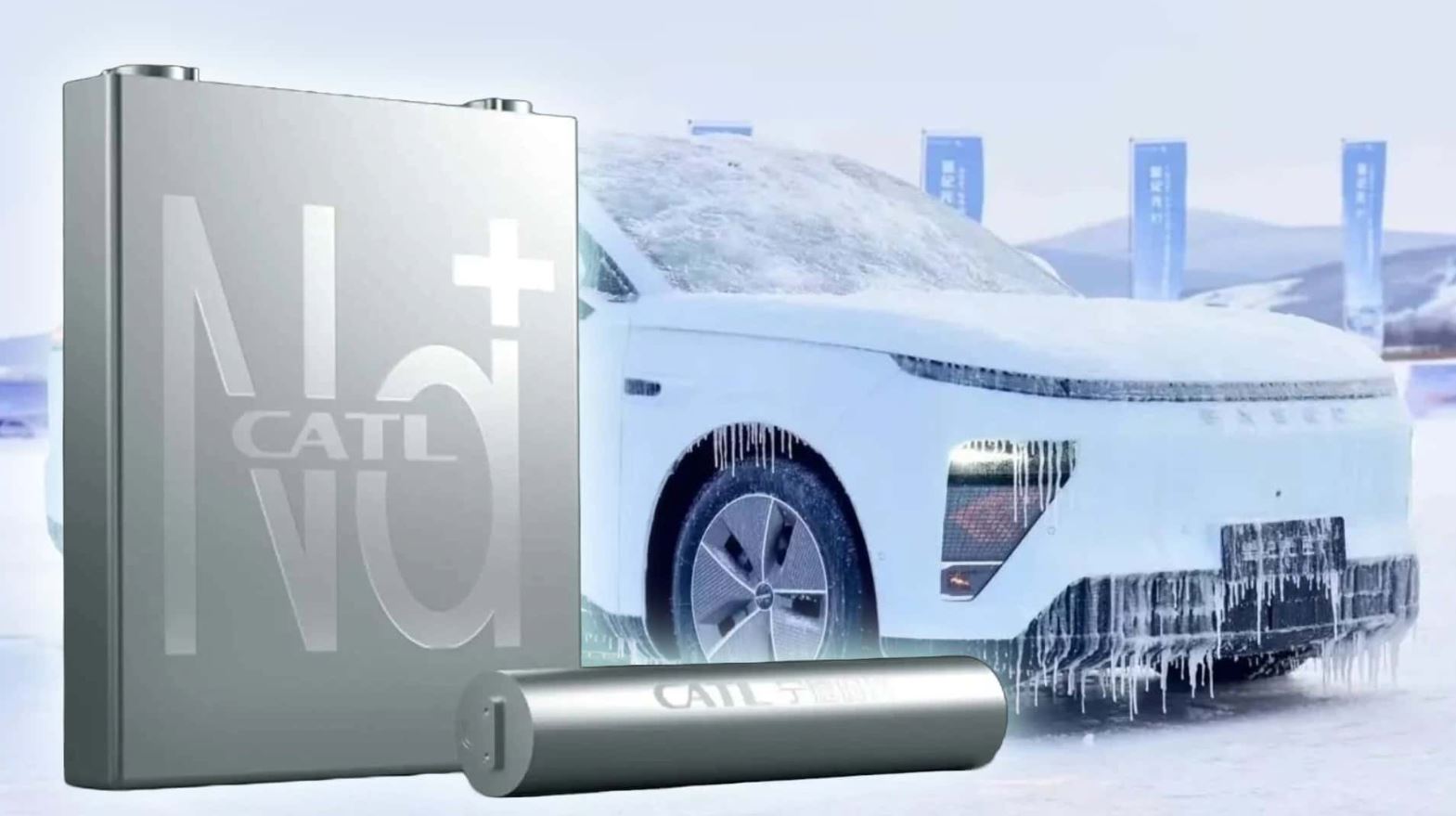 Hey there! If you’re curious about the latest buzz in the electric vehicle world, you’re in the right place. Let’s dive into what Chinese battery giant CATL has been up to. They’ve just announced a sodium-ion battery that could really shake things up in the EV sector. This isn’t just any ordinary announcement; it’s a potential game-changer.
Hey there! If you’re curious about the latest buzz in the electric vehicle world, you’re in the right place. Let’s dive into what Chinese battery giant CATL has been up to. They’ve just announced a sodium-ion battery that could really shake things up in the EV sector. This isn’t just any ordinary announcement; it’s a potential game-changer.
CATL, which already supplies big names like Tesla, Mercedes-Benz, BMW, and Volkswagen, is looking to integrate two advanced battery technologies into a single vehicle. That’s pretty exciting, considering they already have a massive share of the global EV battery market.
So, why sodium-ion batteries? Well, they’re a more cost-effective and, in some ways, safer alternative to the lithium-ion batteries you usually find in electronics and EVs. Lithium-ion batteries can be a bit risky when damaged, but sodium-ion offers a safer option. Luo Jian, CATL’s chief marketing officer, mentioned at a conference in Shanghai that they plan to start mass production by the end of the year. He believes this could completely reshape the industry.
Production is set to kick off in June, starting with small starter batteries for heavy-duty vehicles under the Naxtra brand. These batteries promise to perform well even in cold climates. By December, we can expect larger batteries suitable for electric and hybrid models.
Robin Zeng, CATL’s CEO, shared that sodium-ion batteries have moved from the lab to being ready for commercial production. He estimates they could take over half of the market currently dominated by lithium, iron, and phosphate batteries. While sodium-ion technology used to lag behind, recent advancements mean they can now be produced without relying on expensive metals.
The Naxtra series from CATL aims to deliver a 500-kilometer range for electric vehicles. And that’s not all—CATL has also introduced the second-generation Shenxing battery. This one will be in 67 vehicles from Chinese brands like Zeekr, Nio, and Avatr this year. It’s a fast-charging battery that offers an impressive 800-kilometer range, with 520 kilometers regained in just five minutes. That’s a step ahead of competitors like BYD.
CATL is also working on battery swap systems with partners like Nio to help spread this new technology. However, tariffs imposed by former U.S. President Donald Trump on China could affect part and vehicle costs, but CATL hasn’t commented on these tariffs.
It’s worth noting that the U.S. Defense Department has listed CATL as allegedly linked to the Chinese military, a claim the company denies. At the Shanghai Motor Show, CATL also showcased a dual battery system for EVs. Gao Huan, the technical director, emphasized its enhanced safety for self-driving cars, as it prevents total system failure if one battery fails. Although we don’t have a release date yet, one automaker is already using this system in an autonomous vehicle prototype.








